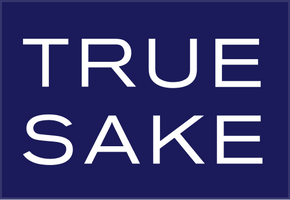
NEW SECTION – “BALLER SAKE” JIKON “TOKUJO OMACHI”
It took only 20 years to realize this, but this Newsletter has been missing a section. And what would that be? Well, seeing that we have written 243 monthly issues on every kind of sake, we sort of forgot to mention our high-end offerings a.k.a “Baller Sake.”
Yes indeed! There are some high-end sakes that are so high-end we might only get one or two bottles per year. Then, there is another tier of brews that are so expensive, that it messes with our cash flow if we over stock them. There is also another tier of brews that our importers forget to mention to us because they are so rare and Unicorn-like, that they don’t think that we want to carry them.
But “Baller Sake” exists, and you should really know about them, because you might be Elon Musk, or you might have a rare occasion/celebration where you might want to pour a “best-of-the-best” sake for your family or friends.
We have access to some of the most difficult to obtain sakes in the world. Usually they come with a hefty price tag, but some are also within striking distance of fans who love sake. And it is our job and passion to let these cut-above consumers know that we can obtain the “pinnacle-of sake-making” sakes for them usually with a wait no longer than a week.
Welcome to the second month featuring the “Baller Sake” section.

Shop This Sake
Brewery: Kiyasho Shuzo
Prefecture: Mie
Rice: Highest Grade Tokujo Omachi milled to 40%
Yeast: Kyokai #9 (cultivated in house)
Water: Nabari River well water (medium soft)
SMV: ±0
Acidity: 1.5
ABV: 15%
The story about this one of a kind sake centers around the best Omachi rice available to anyone in the world. It is one of the only true “heirloom” varietals of sake brewing rice. Omachi is a particularly delicate rice varietal with low yields. This sake is made with the absolute top grade (Tokujo) of Omachi rice from the 2023 harvest. Just 0.1% of all Omachi is classified as Tokujo, resulting in just 28-pyo (30 kg sacks of rice). Omachi brings dark and herbal shadings to the usually light and pretty styles of sake like Daiginjo.
Jikon is particularly well known for their delicate and precise workings with koji.
